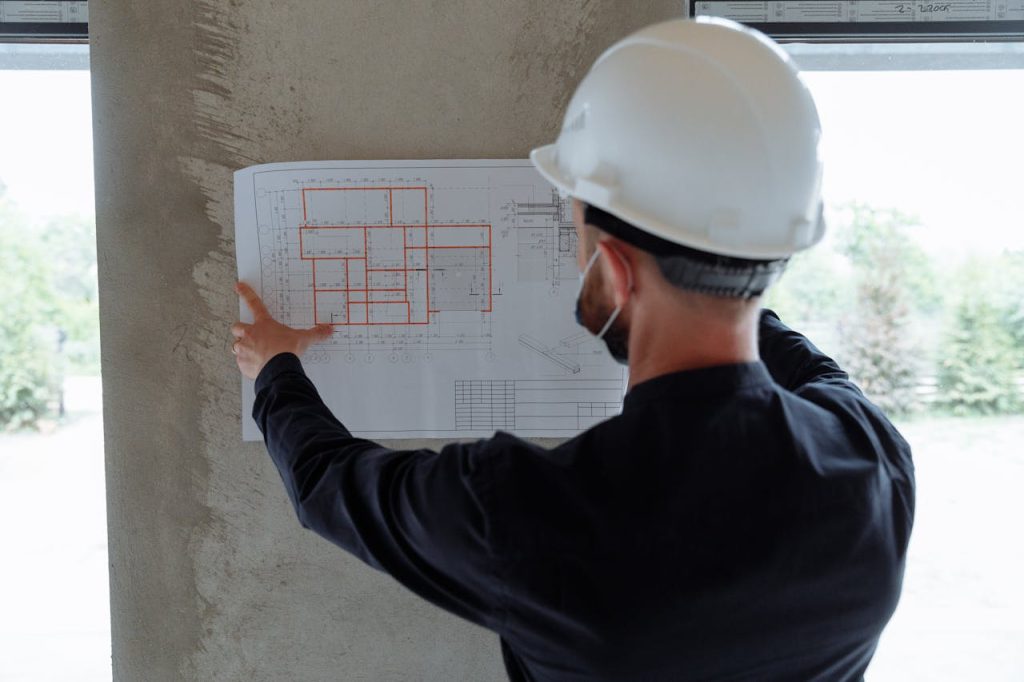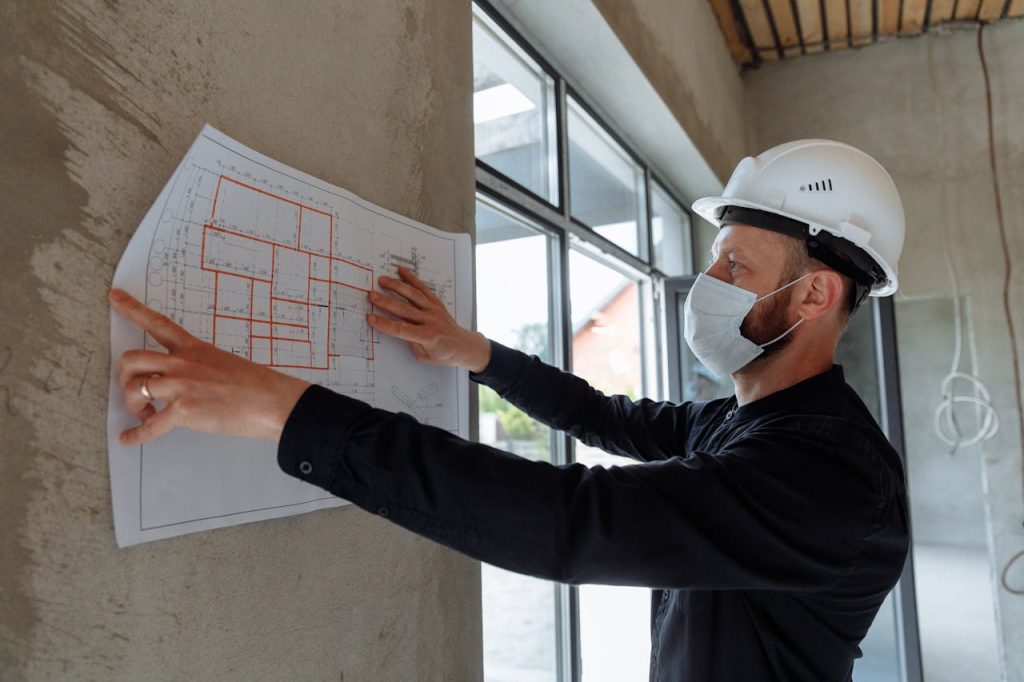What Happens After Submitting a Title 24 Energy Report?
You’ve just submitted your Title 24 energy compliance report—but what happens next? If you’re like most California homeowners, builders, or architects, you might be wondering what the next steps are after this critical document is filed with the city or county building department.
At Title24Energy.com, we help clients across California understand the entire process from report submission to final permit approval. Let’s walk you through what typically happens once your Title 24 report is submitted, and how our experts can help ensure a smooth, stress-free experience from start to finish.
The Initial Plan Check Review
Once your Title 24 energy report is submitted, the building department’s first step is to conduct a plan check review. This is when they compare your energy documentation—generated using CEC-approved software like EnergyPro or CBECC—to your architectural drawings and other submitted materials. They’re looking to confirm that all energy elements match up: insulation values, window specs, HVAC systems, lighting layouts, and more.
If your report and plans are consistent and meet current Title 24 standards, the review will typically pass without issue. If there are any mismatches or compliance issues, you’ll receive a correction notice requiring revisions. Instead of wondering what happens after submitting a Title 24 Energy Report feel free to give us a call today to learn more in depth.
Possible Plan Check Corrections
It’s not uncommon for the building department to request corrections. They may flag inconsistencies such as:
- Window sizes in the plans don’t match the energy report
- Lighting layout lacks required high-efficacy fixtures
- Insulation values are below prescriptive code requirements
- Mechanical equipment doesn’t meet efficiency thresholds
That’s where our team at Title24Energy.com becomes your best asset. We not only revise the energy report for compliance but also coordinate with your architect, contractor, or designer to ensure all changes are aligned. We resubmit fast—keeping your permit process on track.
Approval and Permit Issuance
Once the Title 24 report is approved and all related corrections are resolved, your building permit can be issued. At this stage, the building department considers your energy compliance satisfied under the current California Energy Code. You’re now free to begin construction!
Most jurisdictions require the energy report to be signed digitally with a registered HERS (Home Energy Rating System) provider or energy consultant ID, confirming it’s official and unaltered. All of our reports at Title24Energy.com are submitted in accordance with CEC and local agency standards—so you won’t experience last-minute headaches or rejections.
During Construction: Field Verification
Some Title 24 reports require HERS field verification once construction begins. This applies when you’re using performance-based methods or installing energy-related systems like ductwork, whole-house fans, or high-efficiency HVAC equipment.
Field verification involves a certified HERS rater inspecting the installed equipment or systems to ensure they match the report and meet energy compliance criteria. If a HERS inspection is required, it will be listed clearly on your CF-1R documentation.
Our consultants will help you schedule and coordinate these inspections through certified raters to ensure compliance and avoid project delays.
Final Inspection and Certificate of Occupancy
At the end of your project, the local building inspector will verify that the work was completed per the approved plans and Title 24 documentation. If everything checks out, you’ll receive final sign-off and a certificate of occupancy (CO), allowing your home or building to be legally occupied.
If discrepancies are found—like unapproved substitutions for windows or mechanical units—you may be asked to resubmit revised Title 24 documents or undergo another field inspection. Avoid this by keeping your contractor informed and checking in with us before making field changes to key energy components.
How Title24Energy.com Helps After Submission
Submitting your Title 24 report is just the beginning. At Title24Energy.com, our service doesn’t stop once the paperwork is filed. We offer full post-submission support, including:
- Rapid corrections and revisions when needed
- Direct communication with building departments
- Assistance with HERS verifications and CF-2R/CF-3R forms
- Ongoing support until your project receives final sign-off
We’ve helped thousands of homeowners, contractors, and architects navigate the post-submission process—saving them time, money, and frustration.
Call Us for Title 24 Support from Start to Finish
If you’re still unsure what happens after submitting a Title 24 report, you’re not alone. The good news is you don’t have to handle it by yourself. At Title24Energy.com, we guide our clients through every phase of compliance—from report preparation to approval and final inspection.
Call us at (626) 365-1518 or upload your plans here to get started. We’ll help you prepare, submit, and follow through on your energy compliance requirements so you can focus on building—not bureaucracy.
Let California’s Title 24 experts help you pass the first time—every time.
Frequently Asked Questions – What Happens After Submitting a Title 24 Energy Report?
What is the first step after submitting a Title 24 report?
The building department begins a plan check review to verify that the report aligns with submitted architectural plans and meets code requirements.
How long does the plan check process usually take?
Plan check timelines vary by jurisdiction but typically take 1 to 3 weeks, depending on the workload and complexity of the project.
What if the building department finds errors in my Title 24 report?
You’ll receive a correction notice and must revise and resubmit the corrected report to continue the permit process.
Who is responsible for making the corrections?
Your Title 24 energy consultant, like our team at Title24Energy.com, will handle all corrections to ensure a fast resubmittal.
Will my building permit be delayed if there are issues?
Yes. Any inconsistencies or non-compliance in your energy report may delay permit approval until corrections are made.
How do I know if my report passed the plan check?
The building department will notify you (or your consultant) with a permit approval once the review is complete and no corrections are needed.
Do I need to provide any additional documents after submission?
Sometimes, additional forms like CF-2R and CF-3R may be required later, especially for HERS-verified items during construction.
What is a HERS verification?
HERS (Home Energy Rating System) verification is an inspection by a certified rater to confirm compliance for specific systems like ducts, HVAC, or insulation.
When is HERS verification required?
HERS verification is required when the Title 24 report includes energy features that must be inspected during or after construction.
How do I schedule a HERS inspection?
Title24Energy.com helps coordinate HERS inspections with certified raters once your construction reaches the verification stage.
Can my project fail the final inspection due to energy compliance?
Yes. If systems differ from the approved Title 24 report, the final inspection can be delayed or denied until updates are made.
Do I need to revise the Title 24 report if changes occur on-site?
Yes. If you change windows, insulation, or HVAC systems, your Title 24 report may need to be updated and resubmitted.
Is the Title 24 process complete after permit approval?
No. You must complete any necessary HERS verifications and final inspections before receiving a certificate of occupancy.
What documents are needed at final inspection?
Final inspection may require the original Title 24 report, HERS verification forms, and proof that approved energy systems are installed.
How long do corrections typically take?
Our team usually completes Title 24 report corrections within 1–2 business days, depending on the complexity.
What happens if I ignore the correction notice?
Your permit application will remain on hold until corrections are made and the revised documents are approved.
Can you help if my project was flagged during review?
Absolutely. We specialize in fast turnaround corrections and resubmissions to get your project back on track quickly.
Do I need a new report if the code cycle changes mid-project?
If your permit hasn’t been issued before the new cycle takes effect, you may need to update your report to the current code.
What if I have a tight construction deadline?
Contact us immediately. We offer expedited services and prioritize urgent projects to meet your timeline.
How do I start the process?
Call (626) 365-1518 or visit Title24Energy.com to upload your plans and receive expert Title 24 assistance today.























